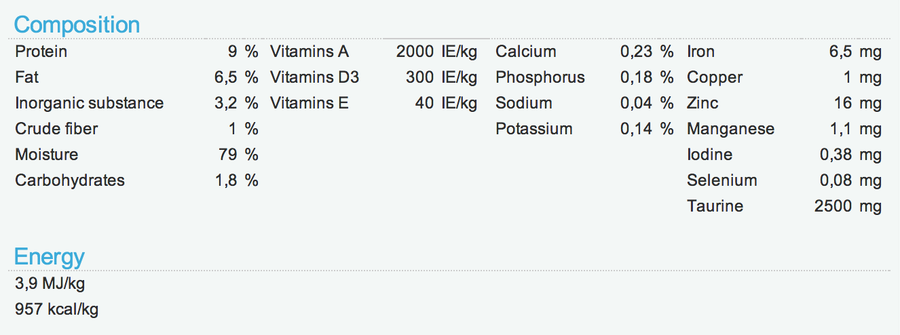Hello all,
My two cats, Christopher Robin (we call him 'Nub' because of his nubby tail) and Squishy Squish (we call her 'Squish' for short) have their 10th birthday coming up on Feb. 10th.
They are currently eating Trovet Hypoallergenic Quail food, because they have been having allergy symptoms for the last year or so (itching, licking, and head shaking). The allergy food hasn't seemed to alleviate the allergy symptoms, so I'm pretty sure the allergy is environmental.
Meanwhile, Nub has recently started suffering from repeated bouts of constipation, escalating last week to near-obstipation. The Trovet food is just Quail and (presumably white) rice, so I don't think they're getting any fiber whatsoever at this stage. I would like to switch their food to something that has some fiber, that can also support optimal health at this age.
Nub also has some mild arthritis in his spine and tail, so ideally I'd like to feed them something that also could help with that, but the vet said I could add things to the food to address that separately, so the constipation is the primary issue, as well as just encouraging healthy kidneys/liver/etc.
Both cats eat mostly wet food mixed with water, with a little bit of dry food as a snack. The vet has recommended Hill's Prescription Diet, w/d or another one which I can't remember, but I would prefer to feed a higher quality food with no byproducts/etc. Unfortunately I've had bad experiences with vet recommendations, they usually seem to push whatever brand they sell at the office.
We currently live in Amsterdam so the selection here is more limited. The prescription brands I know I can get include Eukanuba, Hill's, Royal Canin, Forza10, Sansimed, Specific Cat, Trovet, and Virbac. Non-prescription, I know I can also get Almo Nature brand which is considered good quality, but I don't think I can obtain Wellness brand here (which I've seen recommended).
I am unfortunately not in a position where I think I could regularly cook for the cats or feed a raw diet, so I would prefer recommendations that I can purchase. Any suggestions are incredibly helpful, even if they include tips or what to look for or anything else.
Thanks very much!
My two cats, Christopher Robin (we call him 'Nub' because of his nubby tail) and Squishy Squish (we call her 'Squish' for short) have their 10th birthday coming up on Feb. 10th.
They are currently eating Trovet Hypoallergenic Quail food, because they have been having allergy symptoms for the last year or so (itching, licking, and head shaking). The allergy food hasn't seemed to alleviate the allergy symptoms, so I'm pretty sure the allergy is environmental.
Meanwhile, Nub has recently started suffering from repeated bouts of constipation, escalating last week to near-obstipation. The Trovet food is just Quail and (presumably white) rice, so I don't think they're getting any fiber whatsoever at this stage. I would like to switch their food to something that has some fiber, that can also support optimal health at this age.
Nub also has some mild arthritis in his spine and tail, so ideally I'd like to feed them something that also could help with that, but the vet said I could add things to the food to address that separately, so the constipation is the primary issue, as well as just encouraging healthy kidneys/liver/etc.
Both cats eat mostly wet food mixed with water, with a little bit of dry food as a snack. The vet has recommended Hill's Prescription Diet, w/d or another one which I can't remember, but I would prefer to feed a higher quality food with no byproducts/etc. Unfortunately I've had bad experiences with vet recommendations, they usually seem to push whatever brand they sell at the office.
We currently live in Amsterdam so the selection here is more limited. The prescription brands I know I can get include Eukanuba, Hill's, Royal Canin, Forza10, Sansimed, Specific Cat, Trovet, and Virbac. Non-prescription, I know I can also get Almo Nature brand which is considered good quality, but I don't think I can obtain Wellness brand here (which I've seen recommended).
I am unfortunately not in a position where I think I could regularly cook for the cats or feed a raw diet, so I would prefer recommendations that I can purchase. Any suggestions are incredibly helpful, even if they include tips or what to look for or anything else.
Thanks very much!



